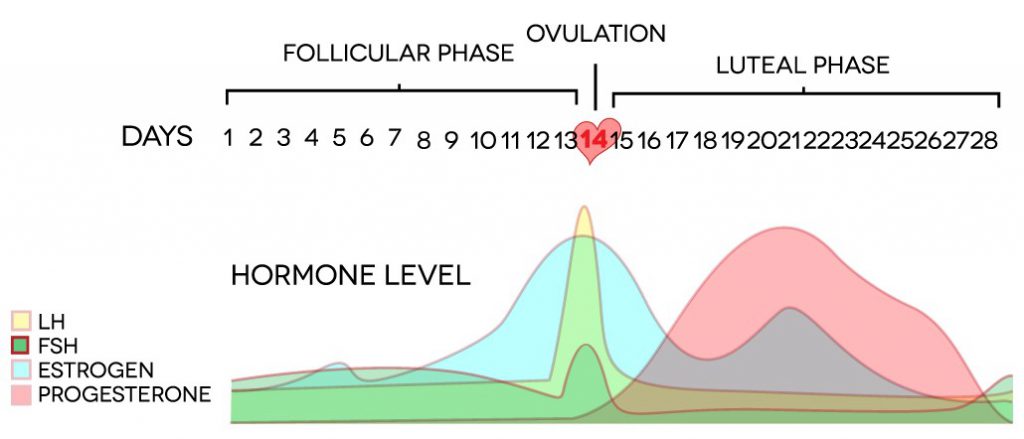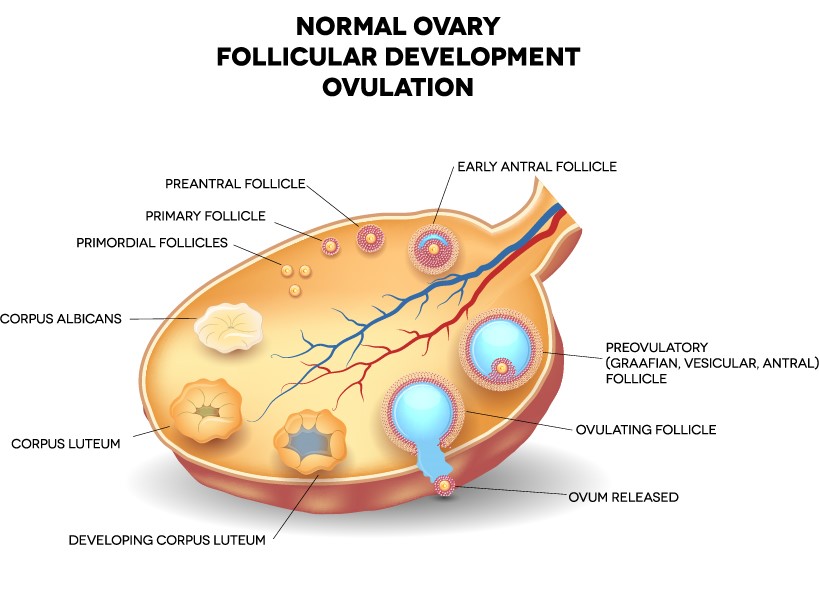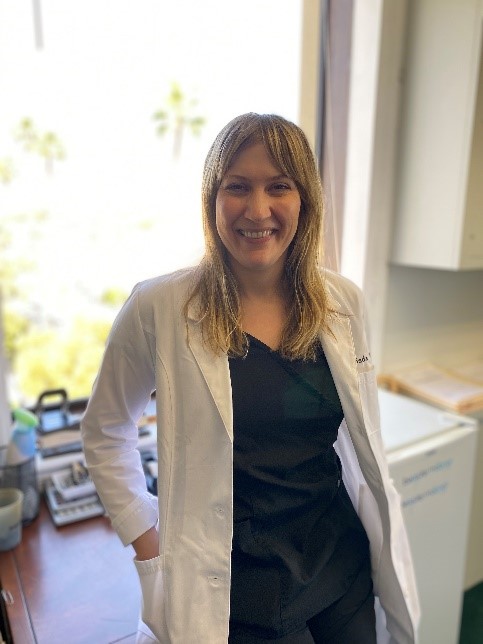The forum has a new look and the Fairfax Team is so excited to create the best experience for our users.
To Note:
Private Donor Groups and Private Sibling Connection Groups are now located under the category "Groups". Search the donor number in the search box and you should find exactly what you're looking for!
Questions about your forum access? Email forum@fairfaxcryobank.com
Follow these steps to join a private donor group:
1) Log in to the Fairfax forum site, which is connected to your FairfaxCryobank.com account, if you have one already
2) Once you locate your desired donor group, press "Join" at the right of the group
3) Once prompted, to confirm your request, please include the following to verify your information:
- Name (under which the vial was purchased)
- Clinic Name
- Donor number
- Child Date of Birth or Estimated Due Date
Please allow 2-4 business days to process your request.
Note: A reported pregnancy or birth is required to join private donor groups. Be sure to complete the report prior to submitting your request: https://fairfaxcryobank.com/pregnancy-report-form
*If you are looking to start a private group for a PRS or CLI donor please email forum@fairfaxcryobank.com with the above information and that you are looking to start a private donor group for a CLI or PRS donor*
If you have any questions about the verification process please email forum@fairfaxcryobank.com. All other Client Services questions can be directed to info@fairfaxcryobank.com.
To learn more about how to use the new forum, watch this quick YouTube tutorial:
 https://youtu.be/qHoF5EY6eSM.
https://youtu.be/qHoF5EY6eSM.A Quick Guide to Weight & Pregnancy
Your weight — whether too high or too low — can affect your ability to get pregnant. According to the United States Office on Women’s Health, being overweight or underweight can also cause problems during your pregnancy. Reaching a healthy weight can help you get pregnant and improve your chances of a healthy pregnancy and baby.[1]
Am I at a healthy weight?
Body Mass Index (BMI): Screening tool that combines a person’s height and weight to determine if they fall into a healthy range. Try this BMI calculator
*BMI Categories:
Underweight = <18.5
Normal weight = 18.5–24.9
Overweight = 25–29.9
Obesity = BMI of 30 or greater
[*A weight that is too low can increase the risk of malnutrition, osteoporosis, and anemia. Carrying too much weight can lead to a variety of health conditions, such as type 2 diabetes, high blood pressure, and cardiovascular problems.]
[1] https://www.womenshealth.gov/healthy-weight/weight-fertility-and-pregnancy)
Body Fat Percentage (BFP): Women who are exceptionally fit or those with an underweight BMI may also want to consider checking their BFP. Maintaining a healthy BFP can help maintain fertility.
Our body’s fat, or adipose tissue, contains numerous cells that produce, regulate, and process hormones- including sex hormones like estrogen that play an important role in infertility.
Too little or too much body fat can disrupt your body’s natural production of sex hormones. Hormone irregularities can cause ovulation irregularities.
Ask your medical provider about how to determine your percentage or check out this link.
UNDERWEIGHT: Being underweight (BMI 18.5 or less) or having an extra low body fat percentage (<17%) can cause your body to make less estrogen. This can cause irregularity in menstrual cycles. You may stop ovulating and getting your period.
To get pregnant, you need adequate estrogen to ovulate (or release an egg from the ovary) so it can be fertilized by sperm. Your body then needs elevated levels of estrogen to be able to support a developing baby in the womb.
OVERWEIGHT: Our ovaries create estrogen, and as we learned above- our body’s fat, or adipose tissue, also makes estrogen. As we gain weight, our fat cells grow and release more estrogen. Too much natural estrogen can prevent you from ovulating and/or having a monthly period.
What can I do to reach a healthy body weight?
First, consult with a healthcare provider. He or she will consider all factors, including your age and health conditions (such as PCOS or thyroid disorder) before making any specific recommendations, including lifestyle changes, medication, or surgery.
Diet and exercise changes should occur before attempting to conceive. Remember, sudden and extreme gains or losses can be detrimental to your body and your fertility.
Set reasonable goals: Even a modest weight gain or loss of 5 to 10 percent of your total body weight is likely to produce health benefits, such as improvements in blood pressure, blood cholesterol, and blood sugars.
Use Tech: Try food tracking apps like MyFitnessPal or MyPlate and measure your daily activity and exercise with a fitness tracker like FitBit.
Accountability: Recruit your partner or find a buddy for moral support. Do healthy activities together such as cooking or taking walks around your neighborhood.
Research: Check out reputable sources for up-to-date information and ideas on weight gain or loss. Look for guidance at government websites like CDC or NIH, medical information websites like the Mayo Clinic and news sources like New York Times.
Self-Care: Be kind to yourself. Minimize stress. Get better sleep. Do the things you love to do. Establish routines that allow you to reach your goals on your terms- not someone else’s. Take time to reflect on the good things and be happy.
By Kate Wisda, PRS Nurse Practitioner
For more articles like this and updates on Fairfax Cryobank, subscribe to our monthly newsletter today!






